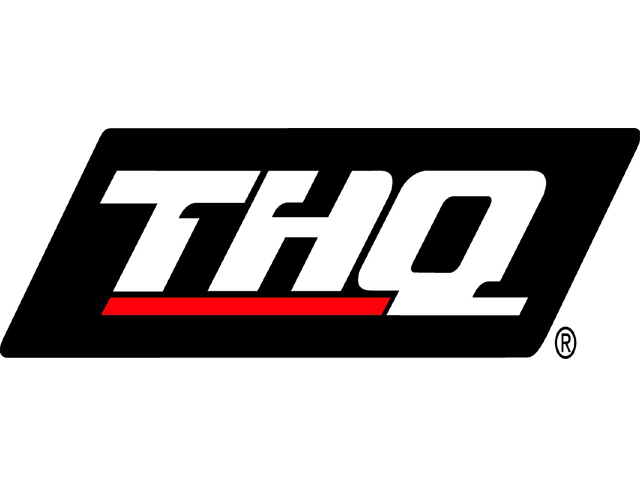Sony – Suing GeoHot won’t put Pandora back in the box
So the JIG is up, and thanks to fail0verflow and GeoHot, the PS3 is well and truly hacked. And it seems likely that more than one person has been fired from Sony; their security model is so comprehensively broken in it’s design that there is very likely no comeback without changing the hardware, and that will not do anything either as now the private keys have been released.
In cryptography, there are a set of keys used for encryption. Simply, signing and encryption involves two keys. These keys are twinned; each half can encrypt, and only the other half can decrypt. Yet the keys are distinct – someone can know one of the keys and still be helpless.
In PGP signing, and in console cryptography, one key is the public key, and the other is a private key. The public key is built into the console, and the private key is in a safe at Sony. Sony sign every executable with their key, and the PS3 verifies that it is valid by using the public key, which as the name suggests, is often known.
Mathematically, if this is properly implemented, it is almost unbreakable. Unfortunately, Sony messed up. See, the equation would easily be broken if many files were signed identically, as the differences could be eliminated and the key calculated. So, the encryption uses a random number in its equation; the number is changed with each executable to be signed. This simple step is one of the basic and most important parts of the security. Fail. Sony’s idea of a random number?
4. Four. Quatre. 5-1. Whatever number. FOR EVERY EXECUTABLE.
So, with only two sets of files, the random variable in the equation can be eliminated and the keys calculated.
Since this was done on one part of the Sony OS, it’s expanded to all of the parts; the master keys are all over the Internet! And this key means that anyone can sign their PS3 programs, and the PS3 will just think it’s from Sony! The person doesn’t even have to have ‘jailbroken’ their PS3!
Sony’s response is to sue fail0verflow and GeoHot – yet the key is everywhere. This key has signed every PSN software so far. So Sony can’t even revoke the key in an update without breaking all the legitimate software so far. Worse still, the total breaking of the security means that with digging, people have discovered Blu-Ray and PSP master keys too!
Too late to sue, Sony. The secret is out. The number 4.
Peace, out!
(Note – Apparently the number in itself wasn’t 4, this was an example however given by the failoverflow team, hence originally quoting here. The point illustrated is the same – they used the same ‘random’ number in multiple places, a grave mistake)

